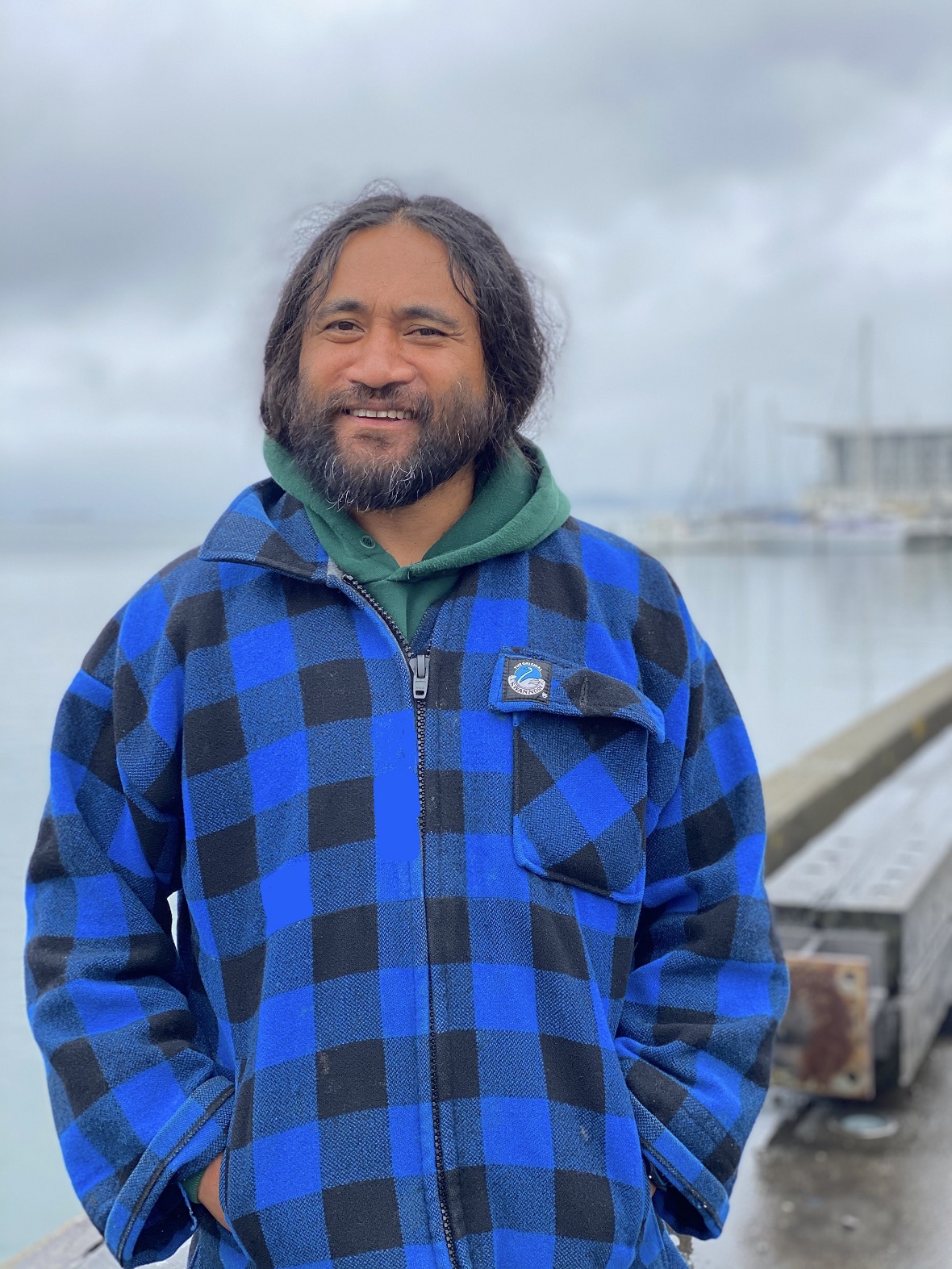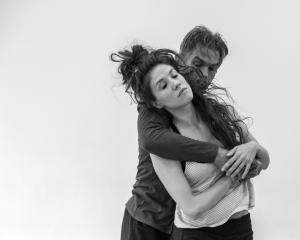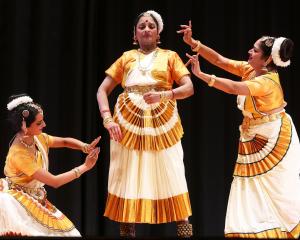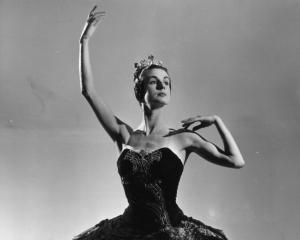

At 19, he had never been to a theatre, although coming from a Samoan family, he had grown up surrounded by singing and dancing.
"I’d never seen anything like it," he said of Black Grace’s performance.
It spurred him on to enrol in Unitec’s dance programme, only to discover he was not ready for dance school.
"It was too different for me. I wasn’t open enough, they’d ask you to touch a rock and make a dance and I was like ‘I don’t want to touch a rock’.
"I wasn’t ready."
But it was not long until Black Grace approached him to join the company. Founded by Neil Ieremia, Black Grace draws on Ieremia’s Samoan and New Zealand heritage to create dance works.
There Tigafua found his feet in the dance world. Three years later he joined dance company Mau in Berlin for a year and then came home to dance for the New Zealand Dance Company.
Throughout his career, Tigafua, like all professional dancers, has created moves and if they are liked, they are included in a work.
But it was not until he became a freelancer that Tigafua, a recipient of the Creative New Zealand Arts Pasifika Award for Emerging Artist in 2017, began to really explore choreography. Shel We? began as a five minute dance-theatre work in 2011 that he returned to when he had the opportunity.
It is inspired by his discovery of American writer Shel Silverstein’s writing (he is best known for the Johnny Cash hit A Boy Named Sue) — in particular his children’s book The Giving Tree.
The book served as an introduction to more of Silverstein’s books and music.
"I really admire his perspective on the everyday person."
Silverstein’s ability to create worlds where children could see the funny side while adults saw the undertone resonated with him.
"It’s what I try to capture in my work as well, it’s a place where you can take children. Scenes that are quite funny, but underneath it is quite sad, so when you leave you can have a holistic conversation with your children."
Pacific Dance New Zealand gave him a chance to work on it further, and by 2018 he felt he was ready to premiere it as a full-length piece at the Measina festival.
For Tigafua, Shel We?, which follows the stories of five men, has been the beginning of finding his "lens" and way of telling stories through dance and theatre.
"It’s a style and a lens I’m developing and quite happy to develop," he said.
"It took so long to get there but I’ve finally found my lens, I don’t mind repeating myself, my characters and feel of it."
His latest work Ciggy Butts in the Sand extends the story as it looks at climate change through the eyes of a child and how that changes as they grow up.
In 2021, it was awarded the Wellington Theatre Awards Excellence Award for Choreography and Movement for original work for the piece.
For the first time he used music — by Wellington composer David Long — and sound in his work. It also features songs by Silverstein as well as Samoan music that pays homage to his parents’ generation.

Now a father of three, Tigafua’s perspectives have changed as he watches his family grow. Those perspectives, the childhood wonder and questioning he encourages in his children and memories from his childhood all influence his work.
It also means Shel We? is always changing and developing as he adds and takes things away from it, further refining the piece.
"I take out the unnecessary and let it flow."
For Tigafua, movement comes naturally for dancers so when he is choreographing, it is stillness and presence he is searching for.
"That is the gold, it’s the kind of thing I like to play with."
Much of his work is developed in his mind. Then once he has the work down, he begins to refine it.
"When I can see what’s in front of my eyes I can start to alter it. Making the scene is the easy part, it’s the nuance of getting it out and how it connects with the next part that is harder."
Tigafua is looking forward to bringing the production to the Wānaka Festival of Colour, admitting he is not sure if he has visited the town before.
"I’ve toured so many places and with different companies, you just jump on a bus and go. So I’m looking forward to going there with group mates."
In the past when he has been touring with companies, he has been known to escape to the local pub to chat with locals and encourage them along. But it is not something he feels the need to do when on tour with Shel We? as he knows his cast well.
"Everyone is chill."
One of the crew is Jeremy Beck, a Dunedin-trained dancer who got a place a the New Zealand School of Dance in Wellington when he was 18 and then joined Footnote Dance Company, debuting for the company in 2015.
He came to Tigafua’s attention during a Footnote performance just after he made Shel We? and was asked if he would like to join the crew.
"I really liked his character, his presence, his stillness is really nice, kind of quirky, really sweet," Tigafua said, adding Beck’s ideas and imagination really gelled with his approach.
He sees Beck and the younger generation of dancers making work that opens up the idea of how dance should be in New Zealand.
"I feel like New Zealand is getting to this new thing, opening up ideas of what dance should be."
TO SEE
Shel We, Wānaka Festival of Colour, Lake Wānaka Centre, March 29, 7pm.










